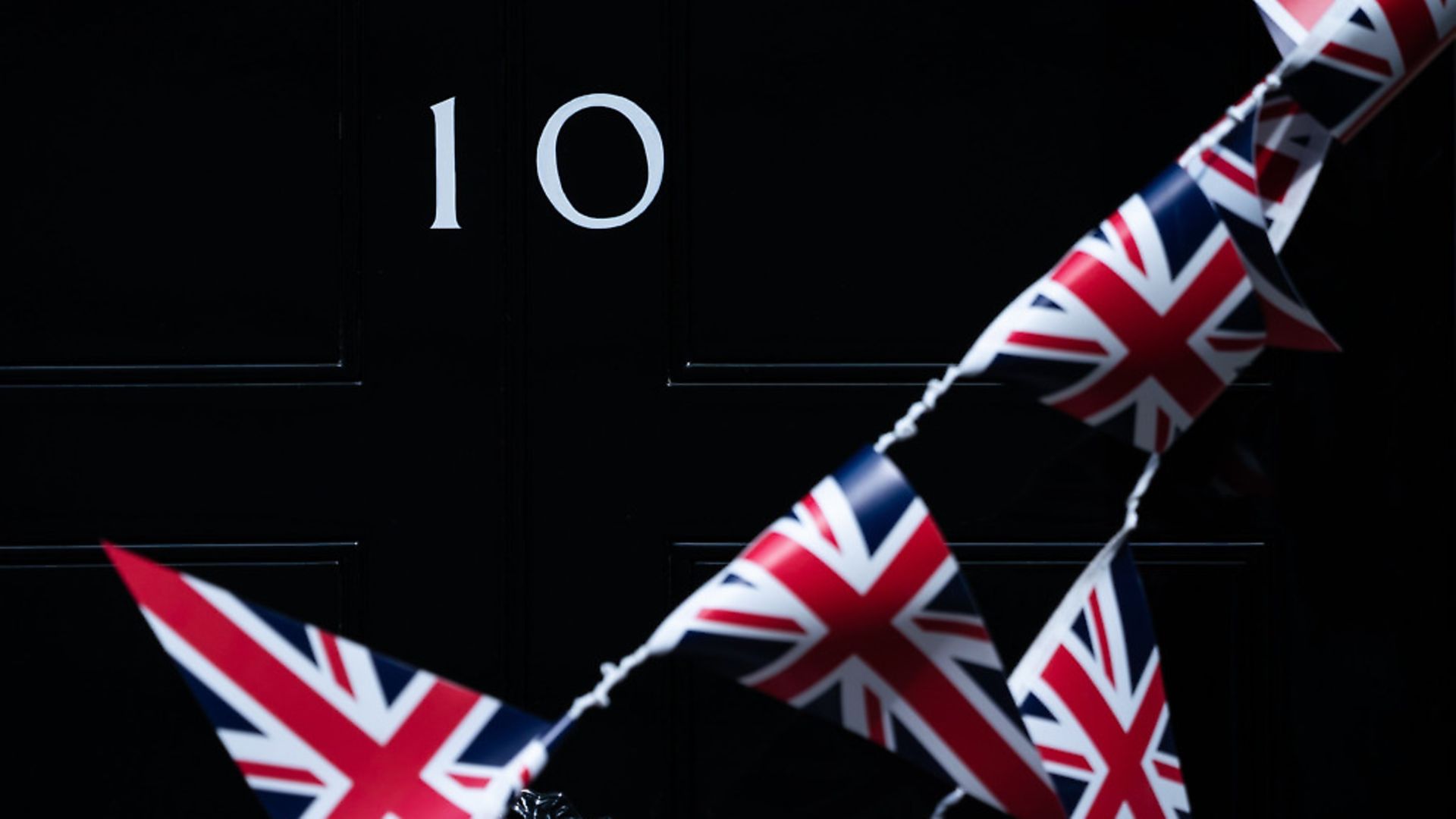
A new survey suggests most Tory MPs are not expecting any ruptures in the Union over the next decade. DR ALAN WAGER reports.
It is difficult to think of an area of British politics as sensitive to the vagaries of opinion poll research as the debate over Scottish independence. The ritual has begun to look something like this: an opinion poll, reported as a shock to the system, shows the real possibility of independence.
Westminster is, supposedly, awakened from its stupor. A serious but temporary discussion about the existential threat to the union takes place. Then, normality resumes.
The most famous example, of course, was the YouGov poll a fortnight out from the referendum in 2014, which showed a narrow Yes lead.
And we saw the latest example of this a couple of weekends ago, as a Panelbase poll for the Sunday Times saw the campaign for independence register its highest ever support with the pollster at 54%.
Have your say
Send your letters for publication to The New European by emailing letters@theneweuropean.co.uk and pick up an edition each Thursday for more comment and analysis. Find your nearest stockist here or subscribe to a print or digital edition for just £13. You can also join our readers' Facebook group to keep the discussion and debate going with thousands of fellow pro-Europeans.
At the core of this ritual is the idea that the break-up of the United Kingdom is overlooked and under-priced by politicians in Westminster.
Yet, in truth, the opposite may well be the case: many MPs could well be aware that a second IndyRef and Scottish independence is increasingly likely. They are just not sure what it exactly they can do about it.
To test this and wider attitudes to the union in Westminster, back in January – in a pre-Covid-19 age – at the UK in a Changing Europe we worked with Ipsos Mori to ask a representative survey of MPs in the new parliament some questions about the future of the union.
As the fantastic Institute for Government graph on this page shows, at the start of the year independence had polling consistently on a knife-edge, between 49% and 51%, for the best part of a year.
We asked three questions: whether it was likely Scotland or Wales would vote to become an independent country within the next decade, and whether it is likely that Northern Ireland will vote to join the Republic by 2030.
The results demonstrate a clear party split: the Conservative Party in parliament, at least at the start of the year, remained confident in its ability to keep the union intact. Just 10% of Conservative MPs thought Scottish independence was likely in the next decade.
This was a clear disjunction between the expectations of the party that governs the UK, and the fact that support for independence had been precipitously on the rise since 2017.
The question is whether the sharp further increase following the handling of this crisis has woken up any more Conservative MPs.
The recent creation of a new Union Policy Implementation cabinet committee suggests the party may be increasingly alive to the fact that the implementation of Brexit – and the enforcement of a UK-wide internal market – is likely to bring a new set of political opportunities for an emboldened Nicola Sturgeon.
In contrast, by more than a two to one margin – 68% to 32% – Labour MPs thought the independence movement. was more likely than not to win a referendum by 2030. The Scottish question within the Labour party is beginning to take on an air of weary resignation.
Where there was slightly greater cross-party agreement was on expectations around Irish unification. More than a quarter of Conservative MPs see this as likely (28%), and just over half of Labour MPs (53%).
The simple fact that the possibility of a unification referendum in the near future in Northern Ireland is taken seriously by a significant proportion of both main parties in Westminster would have been difficult to imagine prior to Brexit.
And certainly, recent analysis of the latest Northern Ireland Life and Times survey – fieldwork conducted between September 2019 and the start of February 2020 – shows that the expectation of Irish unification has risen among the Republican community in Northern Ireland.
What our survey also shows is that the possibility of a unification referendum in the near future in Northern Ireland – a legal obligation under the Good Friday Agreement, if a majority for a united Ireland appears likely – is taken seriously by a significant proportion of both main parties in Westminster.
Indeed, a key takeaway from our survey is that a substantial minority of MPs, and a majority of Labour MPs, are alive to the real possibility of further constitutional rupture over the next decade.
Meanwhile, the vast majority of Conservative MPs may be sleepwalking into a decade marked by major constitutional ruptures.
Perhaps the key lesson from the referendums of 2014 and 2016 – if you are about to enter into an existential constitutional referendum against an insurgent with their tails up, you had better come prepared with a plan – does not appear to have been learned by the Conservative (and don’t forget Unionist) Party.
• Dr Alan Wager is a research associate at the UK in a Changing Europe, which first published this article.









